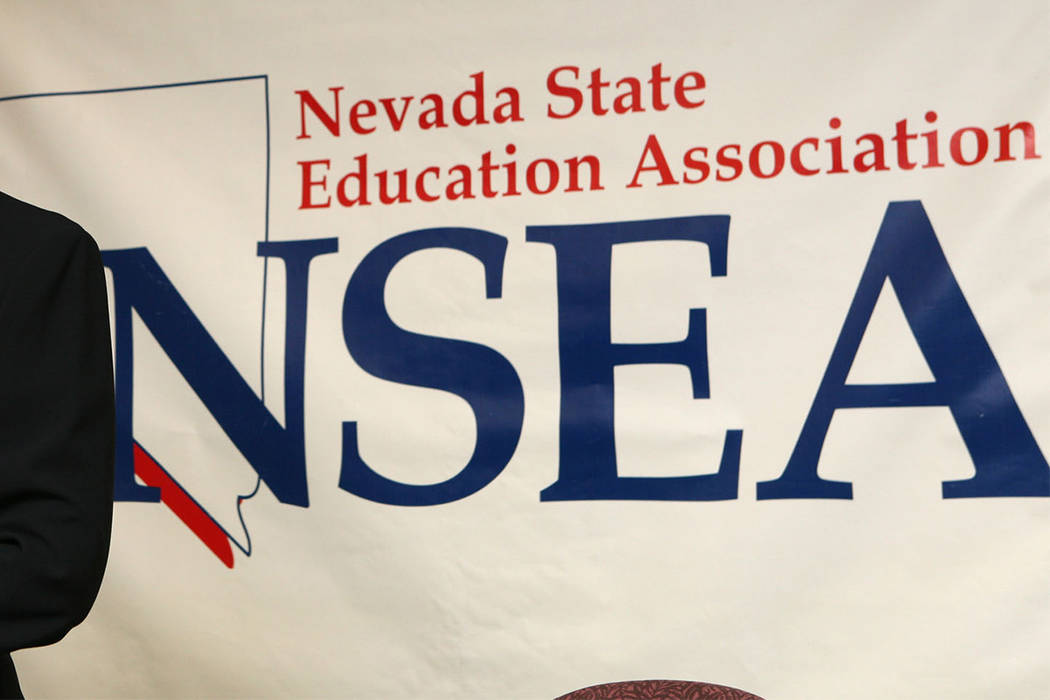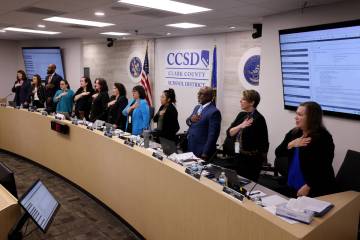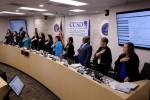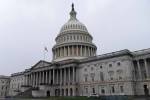EDITORIAL: Teachers union seeks double standard on accountability
Accountability for thee, but not for me. That should be the motto of the Nevada State Education Association.
The state teachers’ union has been waging a battle to stop the spread of charter schools. “NSEA prefers a strong cap limiting the total number of charter schools as well as a cap on the total number of students enrolled in said schools,” the union tweeted in February.
The union asserted “that the expansion of out-of-control charter schools has undermined local public schools and communities, without producing any overall increase in student learning and growth.”
Charter schools have grown rapidly in recent years. In the 2015-16 school year, there were 25,700 students in schools sponsored by the State Public Charter School Authority. This school year, there are 42,300 students in those schools, a 64 percent increase. Over that same time, the Clark County School District’s enrollment has grown by less than one-tenth of 1 percent.
If charter schools were a separate school district, it would be the third largest in the state. It’s already two-thirds the size of the Washoe County School District. This is especially impressive, because charter schools receive less money than traditional public schools. Public schools receive bond money to pay for facilities. Charter schools have to pay for facilities out of their operating funds or outside fundraising.
This hasn’t stopped parents from freely choosing charter schools. That presents a big problem for the teachers’ union. It means less money for public schools and fewer union members, because charter schools aren’t unionized.
Instead of trying to fix public schools, the union is pursuing a ham-handed attempt to limit the choices available to parents and students. That’s not to say charter schools should be immune from accountability. The ability to shut down failing charter schools is a benefit, not a bug, in the system.
But the union isn’t interested in accountability for its members. During a February meeting of the Teachers and Leaders Council, an NSEA representative tried unsuccessfully to change the group’s position on how test scores are used to evaluate teachers. The group currently recommends student data comprise 20 percent of a teacher’s evaluation. The union wanted to lower it to 10 percent.
This an attempt to neuter precisely the type of objective measurement that Nevada taxpayers need, especially given that the current system is an utter farce. Just 55 of the 20,800 teachers evaluated statewide in 2015-16 received an “ineffective” rating. There were no teachers rated ineffective in Nevada’s lowest-performing schools.
The union wants to protect its members, including bad teachers. But it seeks to shutter a vital escape option for parents and students when those ineffective teachers create ineffective schools.




























